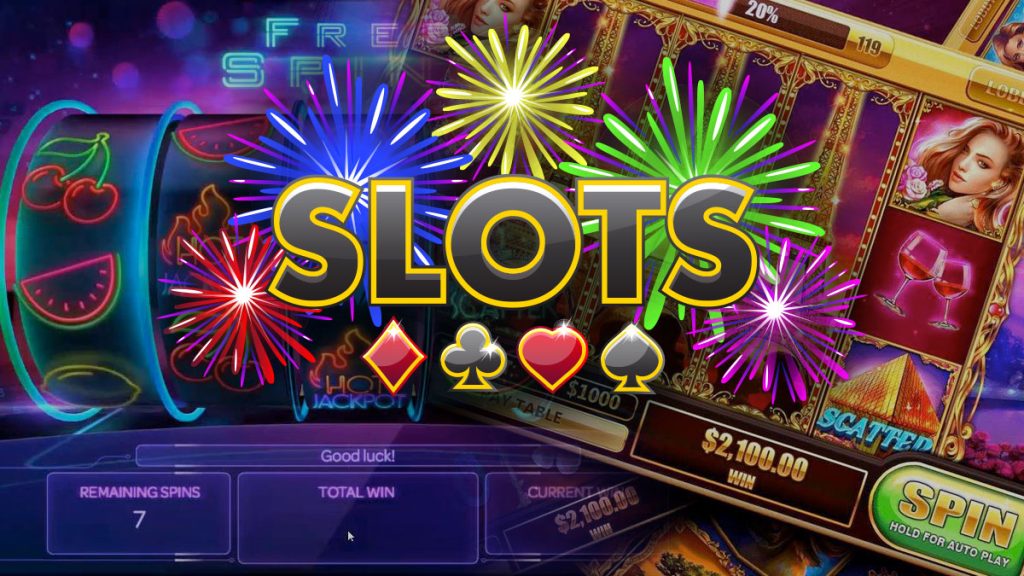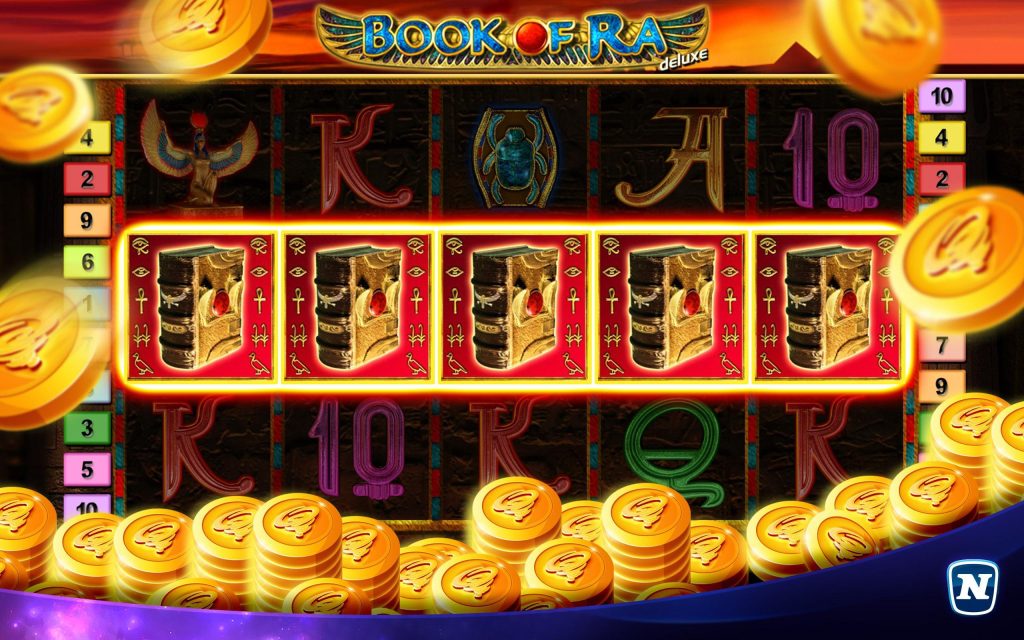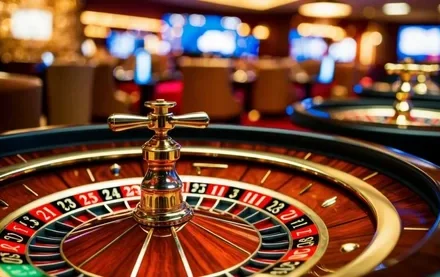In the world of online casinos, where flashy animations and catchy slogans are designed to grab your attention, it’s easy to overlook the underlying logic behind each slot machine. Slots operate based on precise mathematical algorithms, rather than relying solely on random chance. To truly understand how to choose a slot machine for real money gaming, it’s essential to disregard the visual appeal and focus on the numbers, provider reputation, and game mechanics.
How to Choose a Slot for Playing for Money: Key Factors
A slot machine is not a lottery ticket. The gameplay is based on a random number generator and the RTP rate. The right choice begins with evaluating these parameters.
RTP (Return to Player) shows how much money is returned to players over the long term. With an RTP rate of 96%, the machine returns \$96 for every hundred bets. A lower RTP rate is a cause for concern, while a higher rate indicates a potential long-term advantage. For example, Book of 99 by Relax Gaming has an RTP of 99%, which makes it one of the best in terms of return.
To accurately select a machine for playing for money, it is necessary to check the RTP in official sources, rather than relying on the machine’s interface. Manufacturers often publish specifications on their websites, and online casinos are required to provide these data without any distortion.
Choosing an Online Slot Based on Volatility
 Volatility determines how often a slot machine pays out. High volatility means rare but large wins. Low volatility means frequent but small wins. Experience shows that beginners tend to choose low-volatility slots (such as NetEnt’s Starburst), while professionals prefer high-volatility slots like Dead or Alive II with sudden spikes and high risk.
Volatility determines how often a slot machine pays out. High volatility means rare but large wins. Low volatility means frequent but small wins. Experience shows that beginners tend to choose low-volatility slots (such as NetEnt’s Starburst), while professionals prefer high-volatility slots like Dead or Alive II with sudden spikes and high risk.
Key parameters for assessing volatility:
- frequency of bonus activation;
- maximum bet multiplier;
- balance fluctuations during a test game.
How to choose a slot for playing for money, taking into account volatility? Check the statistics of winnings on forums and in video reviews, compare the behavior of the machine on the demo version, evaluate the possibility of long non-winning series. This reduces the influence of randomness and allows you to choose a strategically advantageous model.
Guidelines for Beginners: Recommendations for Choosing a Slot
Slot machines with simple mechanics and open functionality will help you adapt faster. For example, Gonzo’s Quest, Mega Joker, and Thunderstruck II are machines with a transparent structure and clear logic.
To make it easier to choose a slot machine for playing for money, you can use three criteria:
- an RTP rate of at least 96%;
- low or medium volatility;
- bonuses with simple activation conditions.
Beginners respond better to gamification with visual cues and intuitive controls. Virtual machines from Play’n GO and Pragmatic Play offer an interface that reduces the entry threshold.
How to choose a slot for playing for money with high returns over time
Experienced gamblers focus on other data, such as the depth of functionality, the interaction of bonus modes, the activation of free spins, and the possibility of progression. An example is Money Train 2 by Relax Gaming, which features a multi-level bonus game, dozens of symbols, and active multipliers up to 50,000x.
A realistic strategy requires consideration of the following factors:
- the frequency of free spins;
- the activity of special symbols;
- the potential of the bonus game.
How to choose a slot with a high payout? Analyze not only the RTP, but also the payout dynamics: study demo videos with 100-200 spins, and calculate the average payout manually.
Objectivity instead of emotions: the impact of reputation and reviews
Not all slot machines are equally honest. The developer’s reputation is one of the filters. NetEnt, Yggdrasil, Microgaming, and Push Gaming maintain high licensing standards and openly publish game parameters. The presence of a license from MGA, UKGC, or Curacao confirms transparency.
Ratings are often based on reviews. However, it is better to rely on analytical platforms that provide insights into RTP, volatility, and probability charts.
An illustrative example: the Big Bass Bonanza video slot gained popularity not for its visuals, but for its responsive bonus mechanics and frequent wins at low stakes.
How to Choose a Slot to Play for Money: Summarizing the Criteria
Slot machines differ not only in design and bonuses, but also in their hidden technical characteristics. To understand how to choose a slot, it is important to analyze the key parameters that affect stability and profitability.
Selection criteria:
- RTP is at least 96% – a real return indicator.
- A well-known provider – a fair random number generator.
- Clear mechanics – no hidden conditions.
- Stable volatility – predictable balance behavior.
- Reviews and statistics – real data from players.
- The availability of free spins – expanding functionality at no cost.
- Compatibility with the operator – correct operation on the online casino platform.
A simple checklist reduces risk and saves time. The right filter helps you weed out obviously unprofitable games and focus on high-return machines.
Conclusion
 The right choice is based on analytics, not emotions. It involves comparing RTP, volatility, and functionality. Choosing a slot machine becomes a strategic decision rather than a spontaneous click. It’s a matter of strategy rather than intuition. Numbers hold more value than luck.
The right choice is based on analytics, not emotions. It involves comparing RTP, volatility, and functionality. Choosing a slot machine becomes a strategic decision rather than a spontaneous click. It’s a matter of strategy rather than intuition. Numbers hold more value than luck.
 en
en  de
de  ar
ar  es
es  hi
hi  nl
nl  fr
fr  it
it  pt
pt  el
el 









